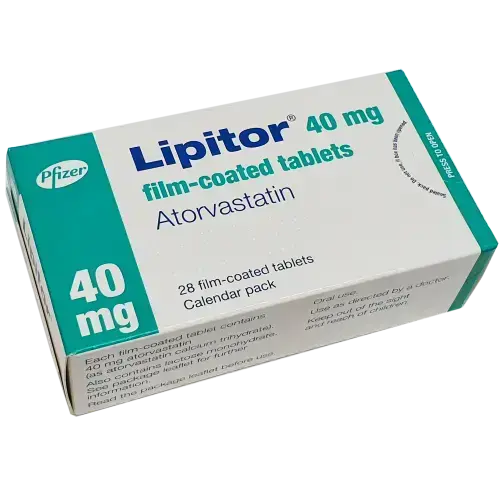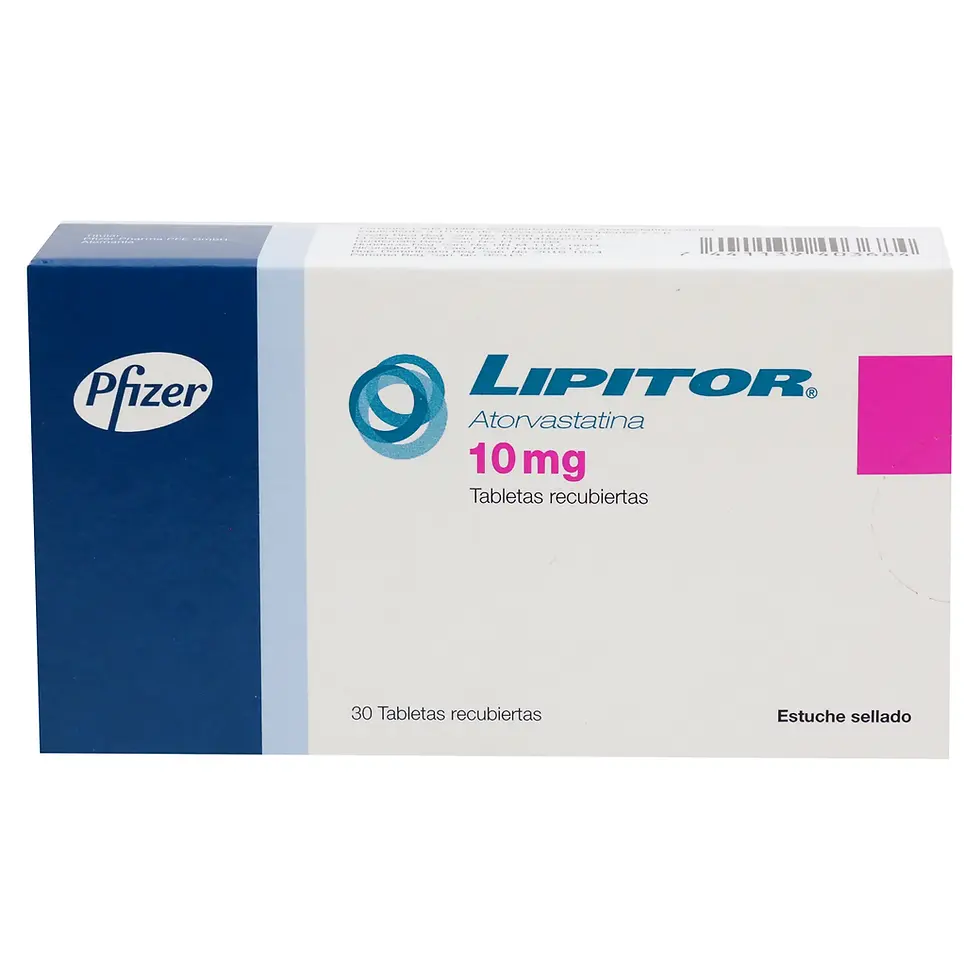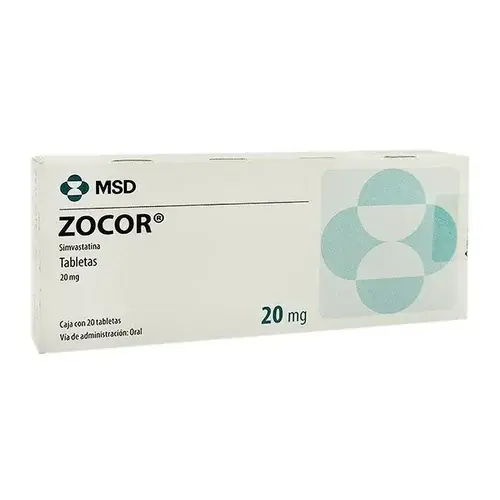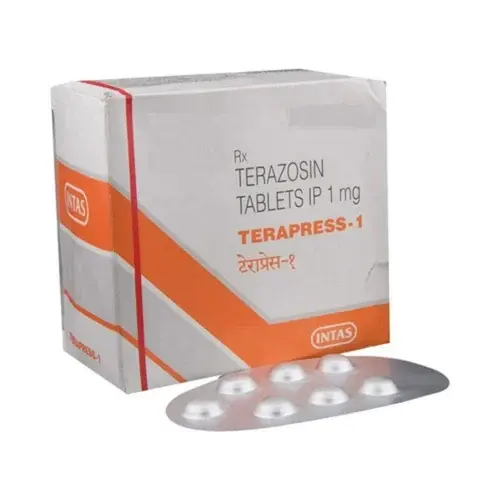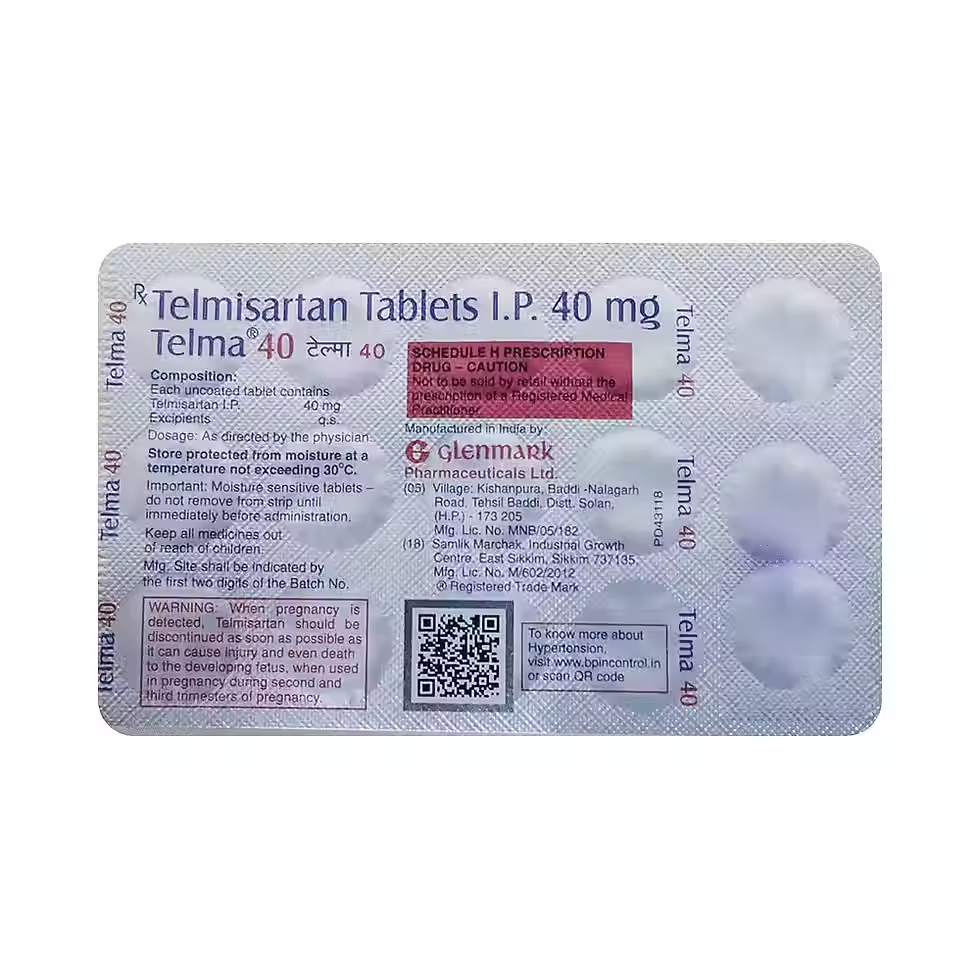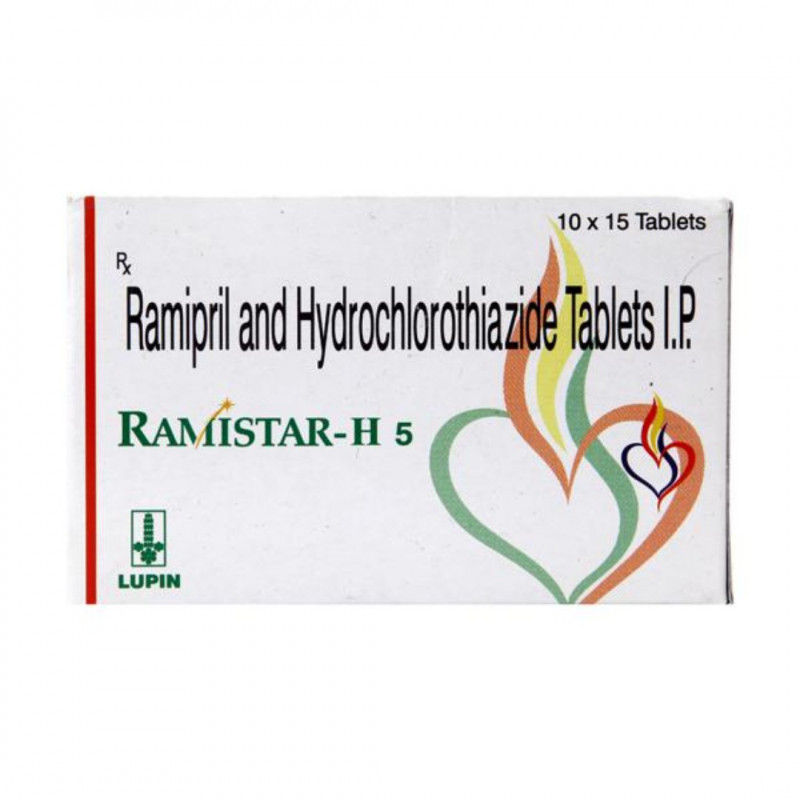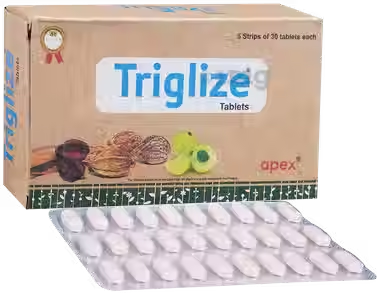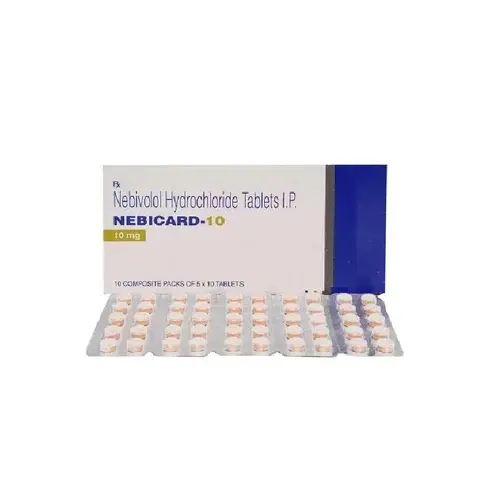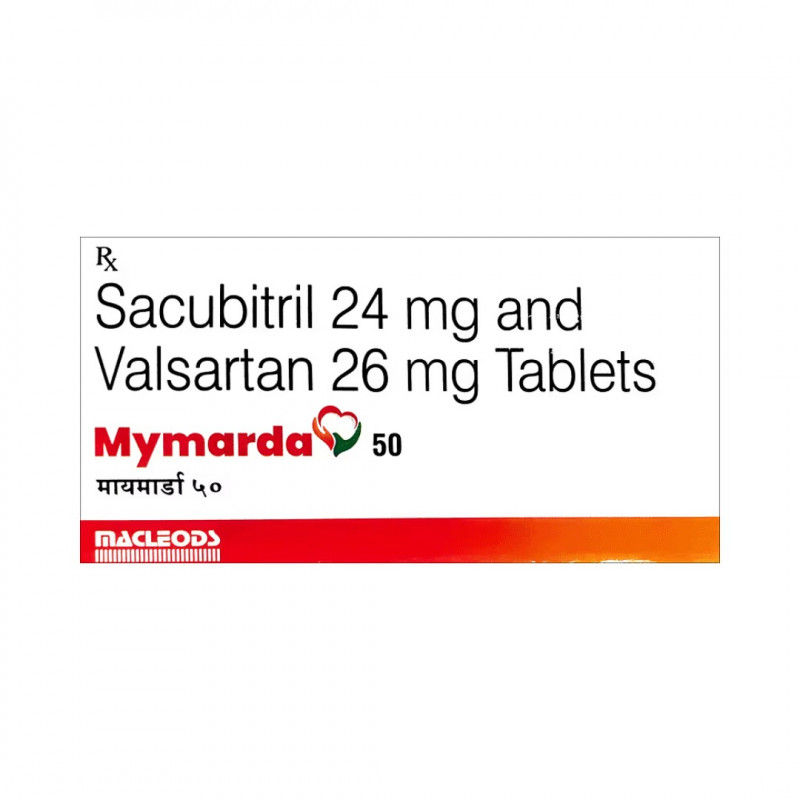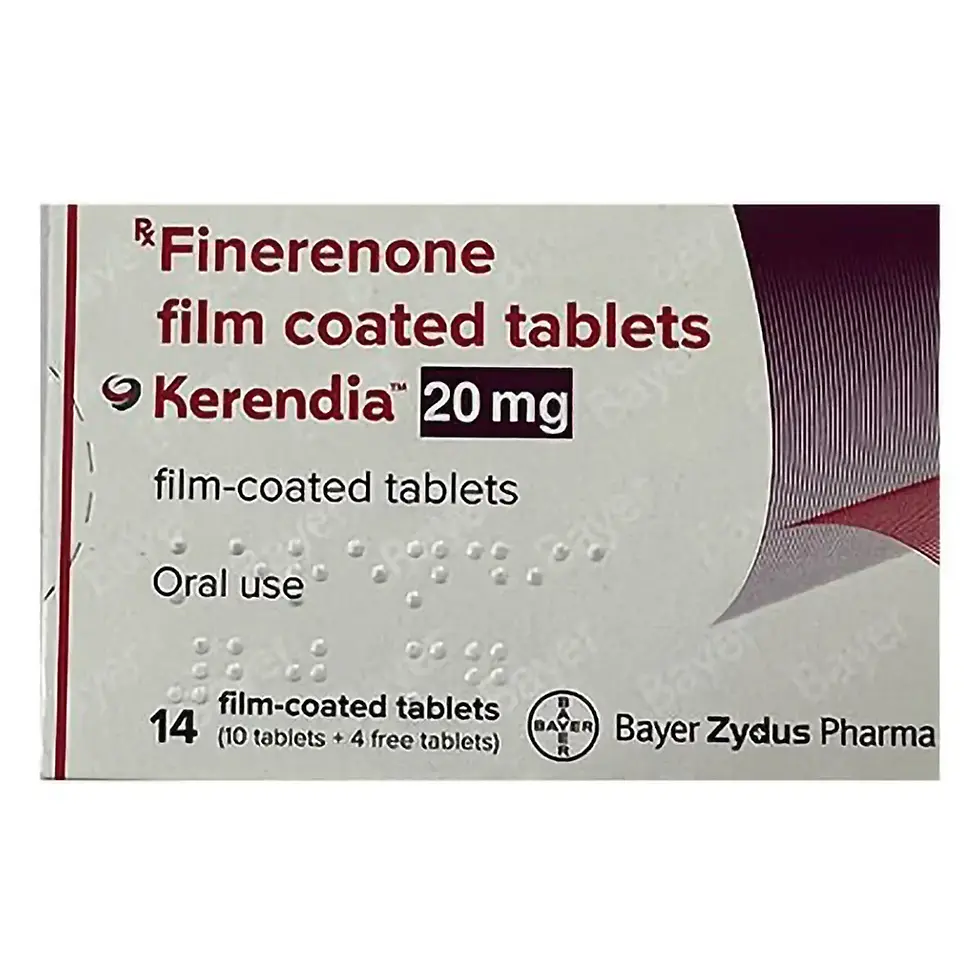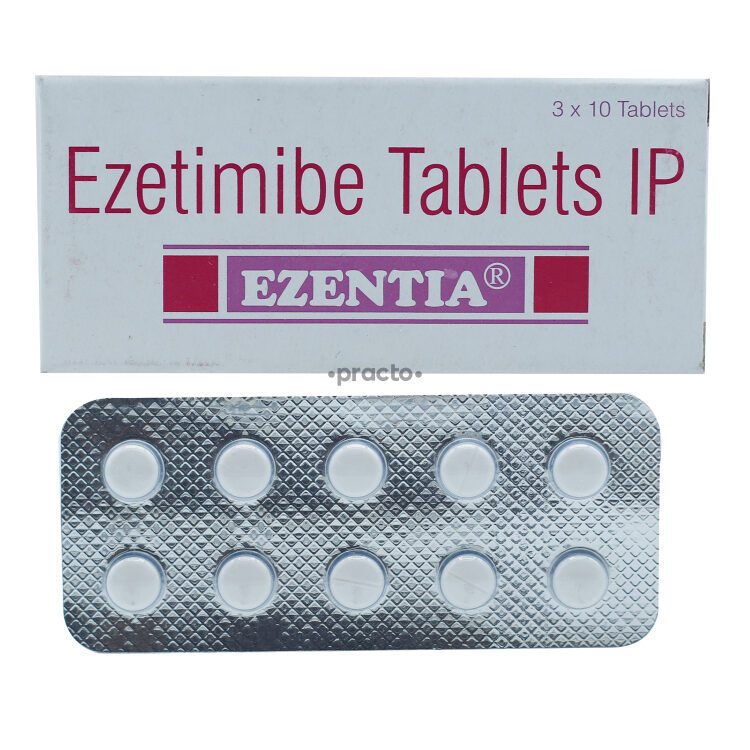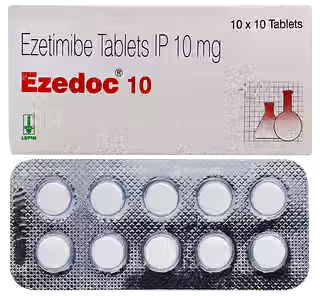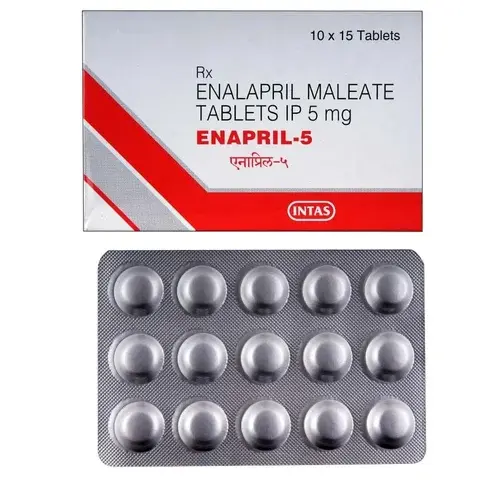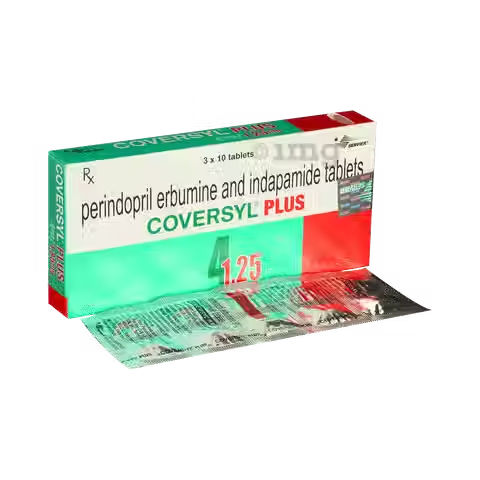Cardiac care encompasses the prevention, diagnosis, and treatment of heart and blood-vessel disorders. It includes lifestyle guidance plus medications—such as ACE inhibitors, beta-blockers, statins, nitrates, antiplatelets and anticoagulants—to manage conditions like hypertension, coronary artery disease, heart failure, and arrhythmias.
-
Chest Discomfort: Pressure, tightness, or burning (angina)
-
Shortness of Breath: During exertion or at rest (heart failure)
-
Palpitations: Rapid, fluttering, or skipped beats (arrhythmias)
-
Swelling (Edema): Ankles, legs, or abdomen (fluid retention)
-
Fatigue & Dizziness: Reduced cardiac output affecting daily activities
-
-
Atherosclerosis: Plaque buildup in coronary arteries
-
Hypertension: Chronic high blood pressure stressing the heart
-
Dyslipidemia: Elevated LDL cholesterol and triglycerides
-
Diabetes & Metabolic Syndrome: Damage to blood vessels
-
Genetic Predisposition: Family history of heart disease
-
-
Physical Exertion: Unaccustomed or intense activity
-
Emotional Stress: Sudden anger, anxiety, or grief
-
Caffeine & Stimulants: Excessive intake can provoke arrhythmias
-
Smoking & Alcohol: Acute vasoconstriction and clot risk
-
Cold Exposure: Vasospasm in susceptible individuals
-
-
Electrocardiogram (ECG): Detects ischemia, arrhythmias, or prior MI
-
Echocardiography: Assesses heart structure, function, and ejection fraction
-
Stress Testing: Exercise or pharmacologic stress to unmask ischemia
-
Lipid Profile & Biomarkers: Cholesterol panel; troponins for acute MI
-
Coronary Angiography / CT Angio: Visualizes vessel blockages or stenosis
-
-
Antihypertensives:
-
Amlodipine, Enalapril, Losartan to lower blood pressure
-
-
Lipid-Lowering Agents:
-
Atorvastatin, Rosuvastatin to reduce LDL and stabilize plaques
-
-
Antianginals:
-
Nitroglycerin, Isosorbide Mononitrate for chest-pain relief
-
-
Antiplatelets & Anticoagulants:
-
Aspirin, Clopidogrel, Warfarin, Rivaroxaban to prevent clots
-
-
Beta-Blockers:
-
Atenolol, Metoprolol to control heart rate and reduce workload
-
-
Heart Failure Therapies:
-
Spironolactone, Sacubitril/Valsartan, Furosemide for fluid management
-
-
Q1: How quickly do blood pressure medicines work?
A: Many agents (e.g., amlodipine) begin lowering BP within hours, but full effect may take 1–2 weeks.
Q2: Can I take statins with other heart meds?
A: Yes—statins are often combined safely with ACE inhibitors and antiplatelets; always review your regimen with a physician.
Q3: When should I use nitroglycerin?
A: At the first sign of angina—take one tablet sublingually; repeat every 5 minutes up to three doses if pain persists, then seek emergency care.
Q4: How is heart failure different from a heart attack?
A: Heart failure is chronic pump‐failure over time; a heart attack is sudden blockage of blood flow causing tissue damage.
Q5: What lifestyle changes support cardiac care?
A: Low-salt, heart-healthy diet; regular aerobic exercise; smoking cessation; weight management; and stress reduction.





